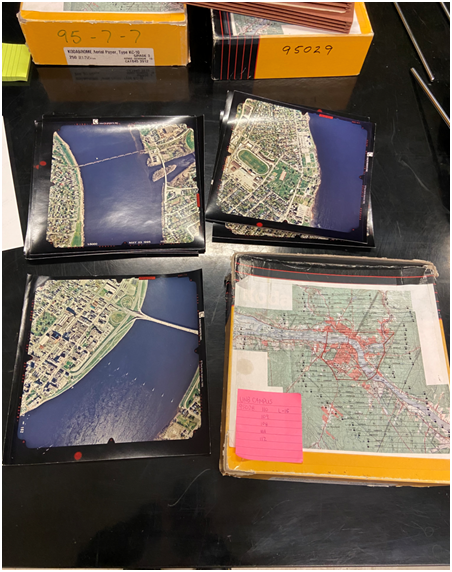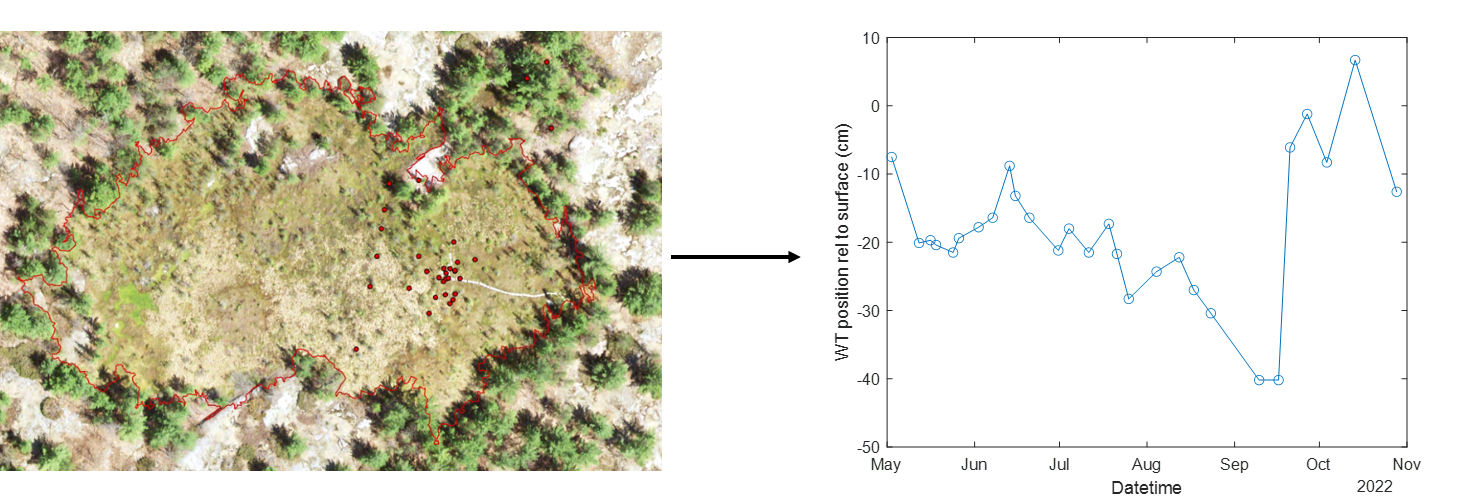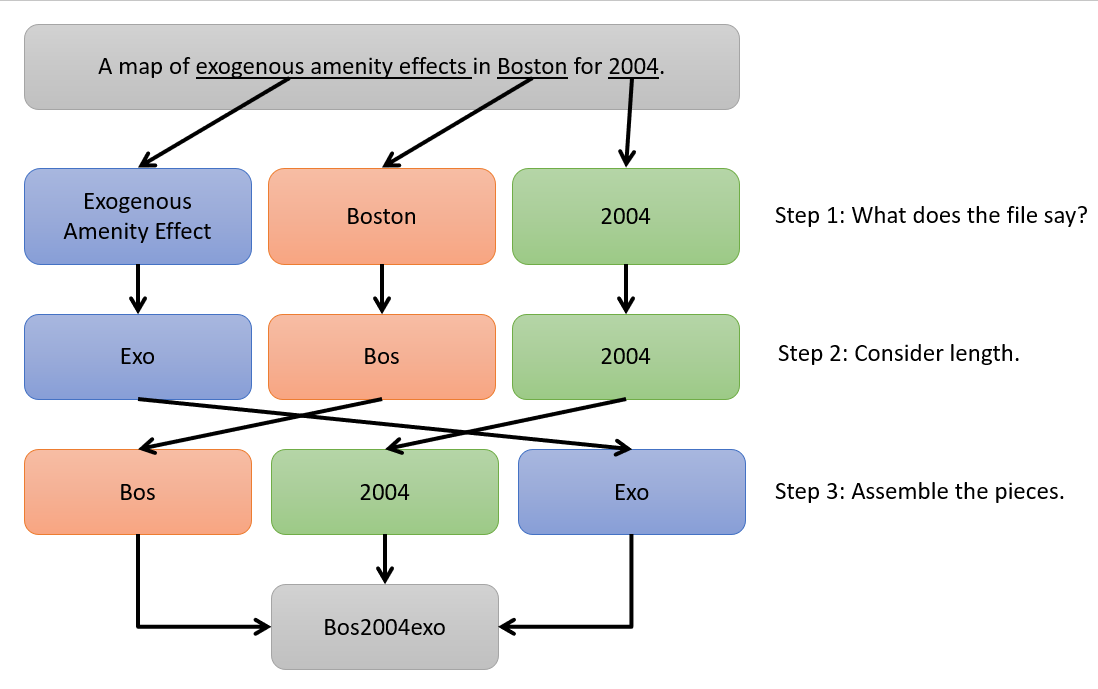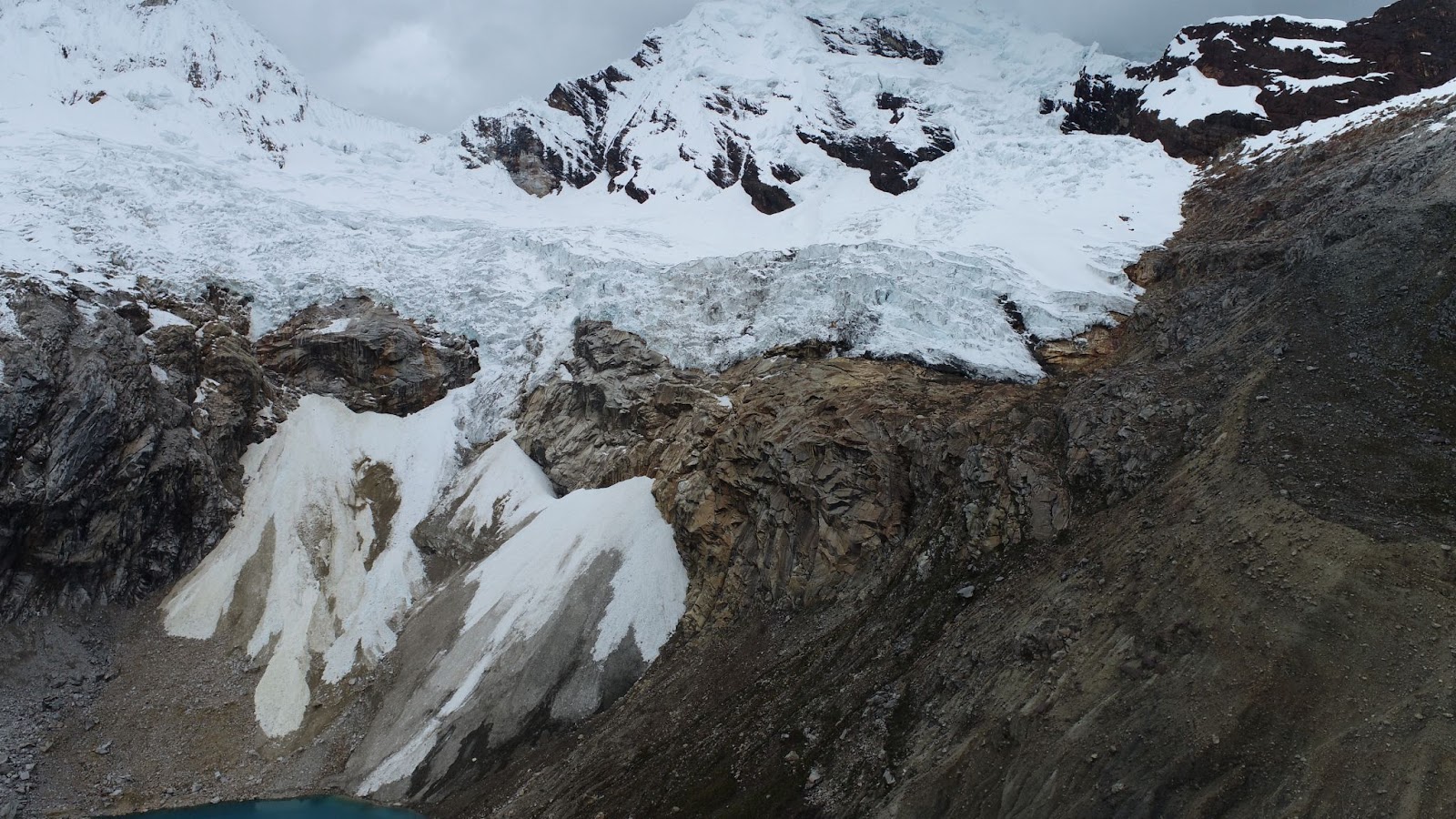 Ortho Mapping Historical Aerial Photos
Ortho Mapping Historical Aerial Photos
Posted 2 years ago
By Dechen Wangmo in the UNB Blog
I have been working on ortho mapping historical aerial photographs as part of my work study programme. The aerial photograph was shot in 1995 and shows the city of Fredericton. An orthophoto is an aerial photograph or satellite image that has undergone geometric correction to make the scale uniform and follows a specific map projection. […]
Read More
 Diving into ArcGIS Business Analyst
Diving into ArcGIS Business Analyst
Posted 2 years ago
By Cindy Lu in the COGS Blog
As a student in the Geospatial Data Analytics program at COGS, I had the opportunity to explore the capabilities of the Esri Business Analyst extension in ArcGIS Pro. I was impressed by how the platform draws from various data sources to provide a comprehensive tool for users to incorporate various demographic variables and business profiles […]
Read More
 ArcGIS in Hydrological Field Data Collection: Reflections on the 2022 Field Season
ArcGIS in Hydrological Field Data Collection: Reflections on the 2022 Field Season
Posted 2 years ago
By Alex Furukawa in the McMaster Blog
This post is an overview of our research lab’s recent usage of ArcGIS applications, specifically the mobile platform, in the collection of field hydrological data. Our lab, the McMaster Ecohydrology Lab, has integrated ArcGIS in our field data collection since 2018 with the Collector App, and has since shifted to Field Maps in 2021 along […]
Read More
 Integrating Space, Time and Geography with ArcGIS Insights: A Case Study of COVID-19 Infection Rates in Ontario Public Health Regions From 2020 to 2022
Integrating Space, Time and Geography with ArcGIS Insights: A Case Study of COVID-19 Infection Rates in Ontario Public Health Regions From 2020 to 2022
Posted 2 years ago
By Karlos Lao in the Western Blog
Introduction Tobler’s First Law of Geography “Everything is related to everything else, but near things are more related to distant things” reminds us how geography plays an important role in the spatial pattern of things that we see everyday. However, when it comes to analysis involving human mobility, epidemiology, or any spatial data that contain […]
Read More
 The Importance of Careful File Naming
The Importance of Careful File Naming
Posted 2 years ago
By John Hutchenreuther in the Western Blog
When I was sitting in my courses learning how to use ArcGIS Pro to generate maps and analyze spatial data, I got the obligatory computer science warnings that come in any software course: put some thought into what you name your files. I did my best to take it seriously at the time, but when […]
Read More
 Computational method of ArcGIS Ordinary Kriging tool
Computational method of ArcGIS Ordinary Kriging tool
Posted 2 years ago
By Ngoc Phan in the UNB Blog
ArcGIS provided outstanding and friendly interpolation tools to common users. I unitized Kriging tool in ArcGIS to interpolate the data points a long time ago. However, understanding its method is a different story. My previous background is in Applied Geology, particularly Groundwater modeling. I, therefore, had a chance to learn the meaning of the ArcGIS […]
Read More
 Apply to become a Student Assistant at the 2023 Esri User Conference in San Diego
Apply to become a Student Assistant at the 2023 Esri User Conference in San Diego
Posted 2 years ago
By Maja Kucharczyk in the UCalgary Blog
Happy new year, everyone! My name is Maja Kucharczyk and I am a PhD candidate in Geography at the University of Calgary. This is my first blog post as an ECCE Student Associate. I very much look forward to continuing my GIS journey in 2023, especially when I look back on the opportunities I had […]
Read More
 Unlocking the secrets of glacial retreat using remote sensing: Peru’s Cordillera Blanca
Unlocking the secrets of glacial retreat using remote sensing: Peru’s Cordillera Blanca
Posted 2 years ago
By Henry Gage in the McMaster Blog
Hi everyone! My name is Henry Gage and I am a fourth year undergraduate student in McMaster’s Integrated Science program. I work in the McMaster Glacial Sedimentology lab, where I study the retreat of tropical glaciers. This summer I had the opportunity to travel to Peru to combine UAV and satellite remote sensing with paleoclimatic […]
Read More
 Developing a Better Appreciation of the Value of a Geographical Approach Through the Use of ArcGIS
Developing a Better Appreciation of the Value of a Geographical Approach Through the Use of ArcGIS
Posted 2 years ago
By olusegun ogunleye in the UCalgary Blog
I always wanted to acquire GIS capabilities, but my busy schedule as an urban development practitioner did not permit me. However, the advent of big data and the need to remain competitive in the ever-changing global labor market was the push required to embark on the Master of GIS program at the University of Calgary. […]
Read More
 Collecting and Calculating Land Data – Preparing for Analysis of Remote Sensing Microscale Urban Heat
Collecting and Calculating Land Data – Preparing for Analysis of Remote Sensing Microscale Urban Heat
Posted 2 years ago
By Scarlett Rakowska in the UofT Blog
A few months ago, I wrote a blog post introducing my MSc Thesis. Since then, I finished my summer fieldwork which consisted of cycling over 560 kilometres of cycling and road infrastructure measuring air temperature every 1-second in Mississauga, Ontario. I also had the opportunity to present my preliminary thoughts on this project at the […]
Read More
 Ortho Mapping Historical Aerial Photos
Ortho Mapping Historical Aerial Photos










